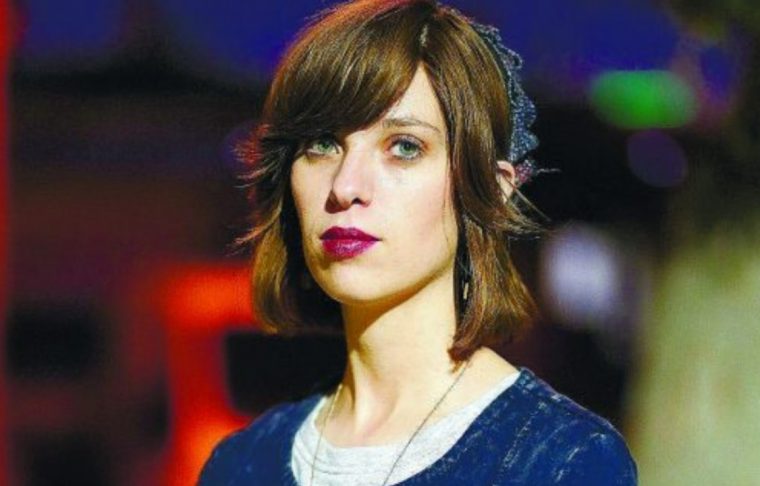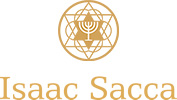FEMALE HASIDISM, VIRTUAL MEETING WITH MALKI ROTNER

Last Thursday, September 10th, 2020, Malki Rotner spoke virtually with more than 500 spectators about her role as a feminist Hasidic woman.
Malki Rotner is a 35-year-old Hasidic woman from the Belz community, of Israeli origin, she is married and mother of three children, she is a writer and journalist for different Israeli newspapers and she’s active on social networks. She was born in Tel Aviv and later settled down in Ashdod. She is also a History and Sociology student.
She works as a social activist member of the community organization “Shachrit”, dedicated to dialogue and intersectoral contact in Israel, she is a promoter of employment for society by the government ministry and of advanced religious studies for women. She created the “Lomdot” project, which is intended to encourage women to prepare and present their personal analysis of religious sources.
The Belz community ,where she belongs, is one of the largest Hasidic communities present in Israel, and also has a considerable presence in Brooklyn, New York, and in countries such as England and Canada. The synagogue in Jerusalem has a capacity for 10,000 parishioners.
Its name comes from its origin, Belz, a city in Ukraine. At the end of World War II, almost all members of the community were killed by the Nazis. Aharon Rokeach, the Rabbi, survived, and he settled down in Israel. There, he reestablished the Hasidic community.
Malki spoke about the solidarity of her community, and the value of Hasidut in terms of the possibility of serving God in all aspects of daily life.
She lives in a neighborhood where religious and laity coexist, and maintains equal bonds of respect with everyone. She studies Torah in depth with a group of women, which is not usual in the observant world, but it is a right she managed to acquire through her perseverance.
Rabbi Isaac closed the event by welcoming and congratulating Malki for being a young woman who contributes to the awakening of the rights that God granted to women. He commented that in Jewish History there were many women who stood out and contributed to the progress in the study for women, both religious and academic, and also held leadership positions such as Biblical judge Deborah. He explained that both men and women have the same rights to access the study of the Torah and training in fields of professions, which is learned from Abraham and Sarah, our patriarchs, since both imparted religious knowledge.
Rabbi Sacca also commented that his teachers, Hacham Chehebar and Rabbi Ovadia Yosef agree that women should not be restricted, if they wish, in any field, either religious or professional.
Rabbi Sacca also said that his ancestors come from Ukraine and perhaps some of them belonged to that community in the city of Belz.
Rabbi Sacca stressed that Malki is an example for people to understand that being observant for Jewish women does not generate any limits in religious society. It is only a myth or it is a choice of some women who don’t want to dedicate to professional or religious studies, but , by no means, someone in the observant communities limits them, as it was noted in some TV series.
He closed the event with words of praise to Malki, being a clear example of how observance and social activism coexist in a Hasidic woman.
More than 500 people from different countries participated in the meeting.

